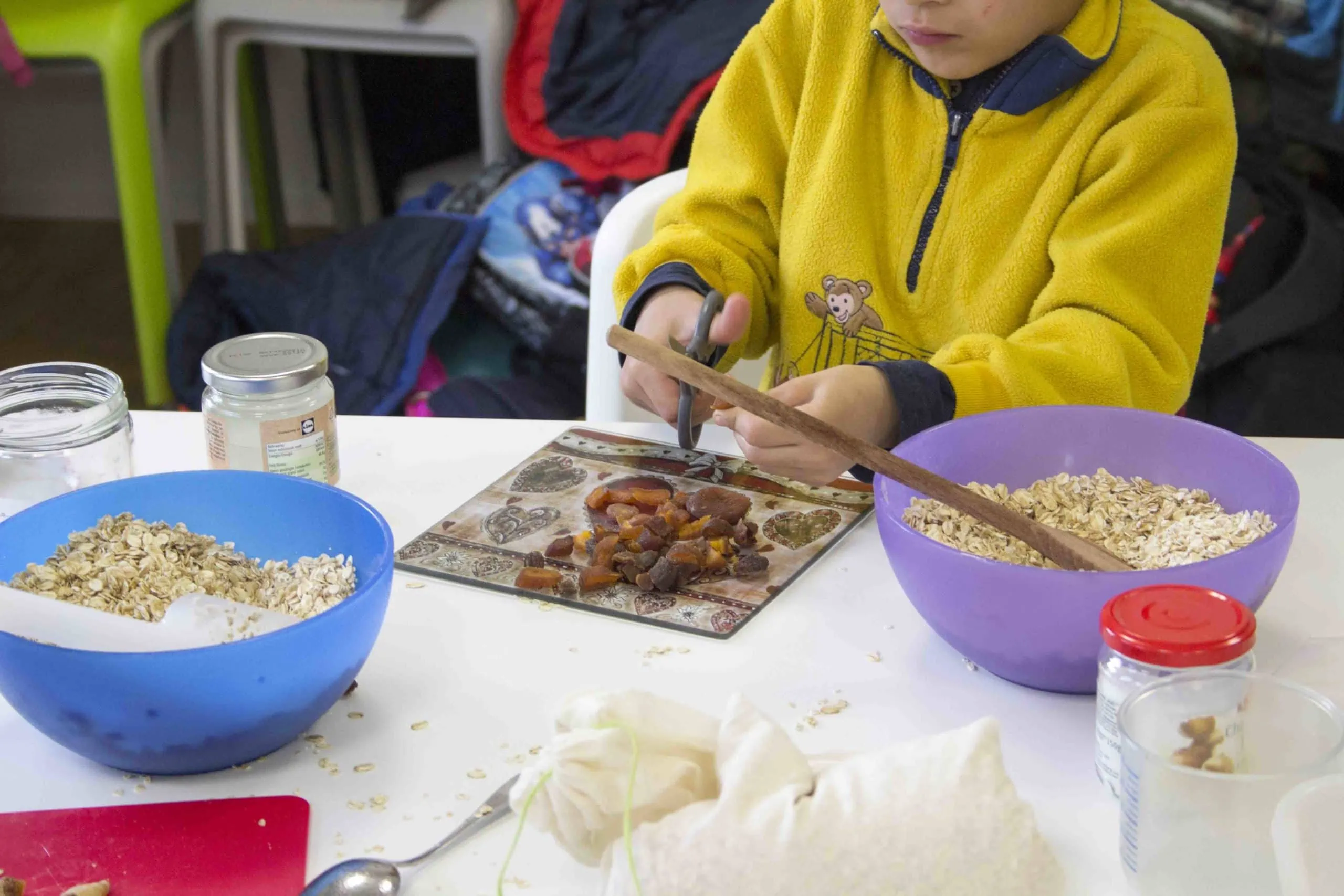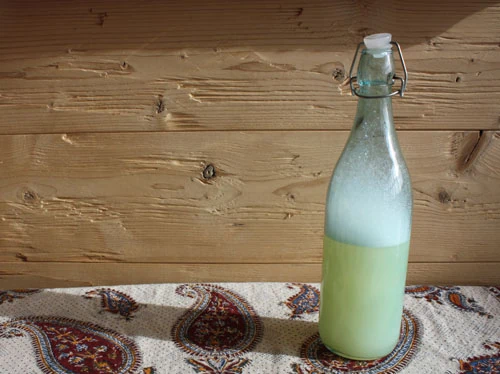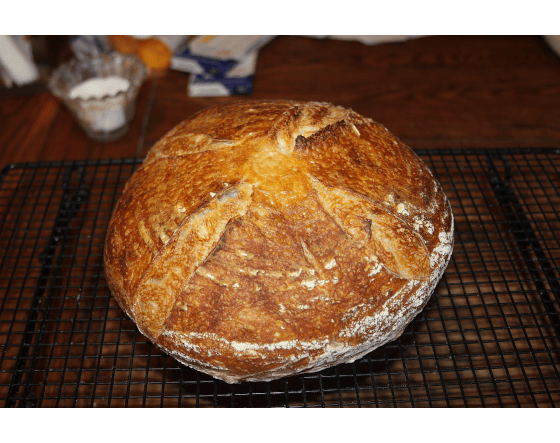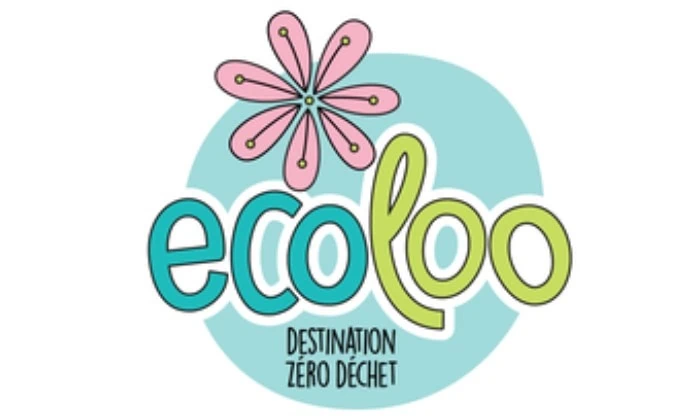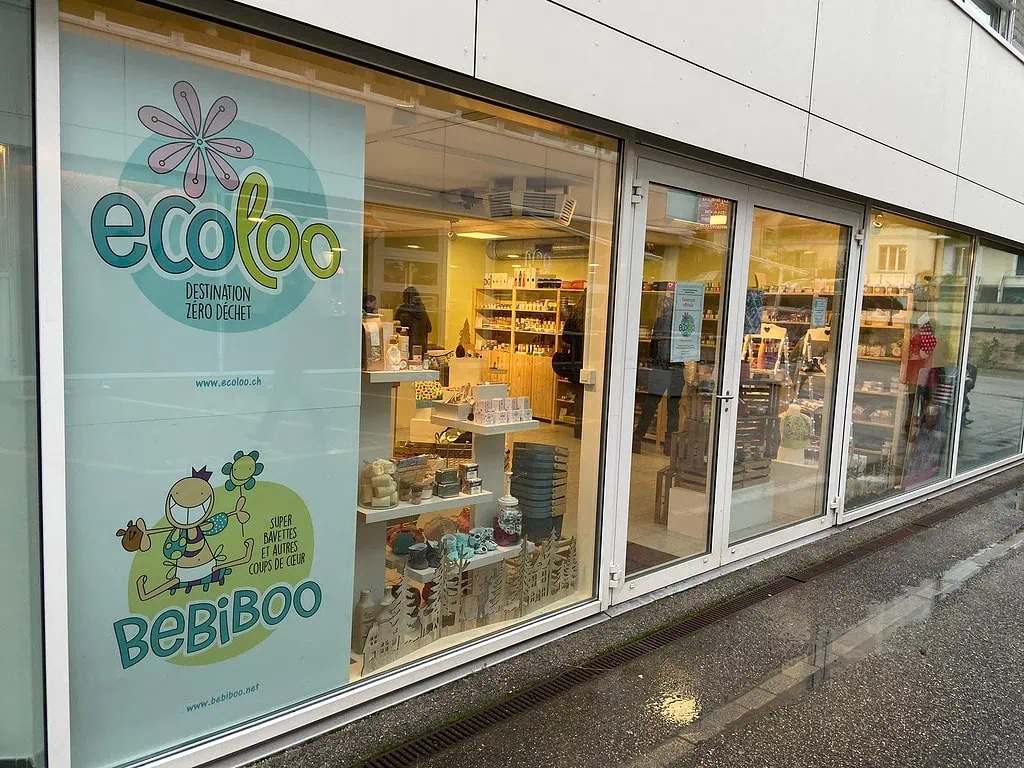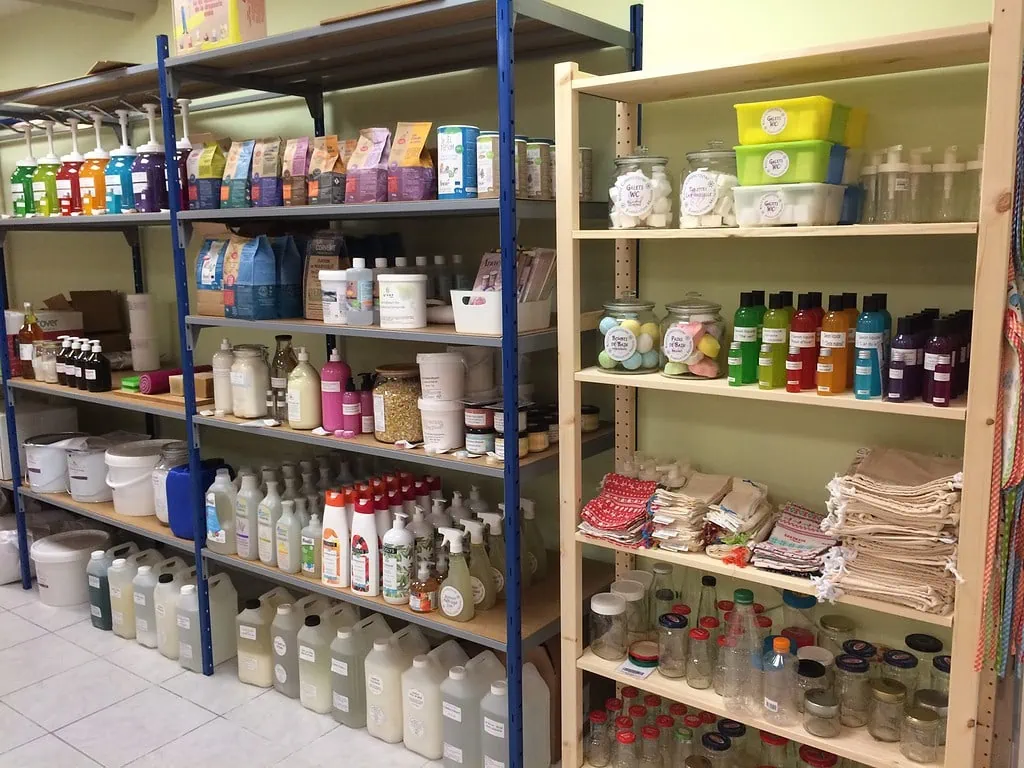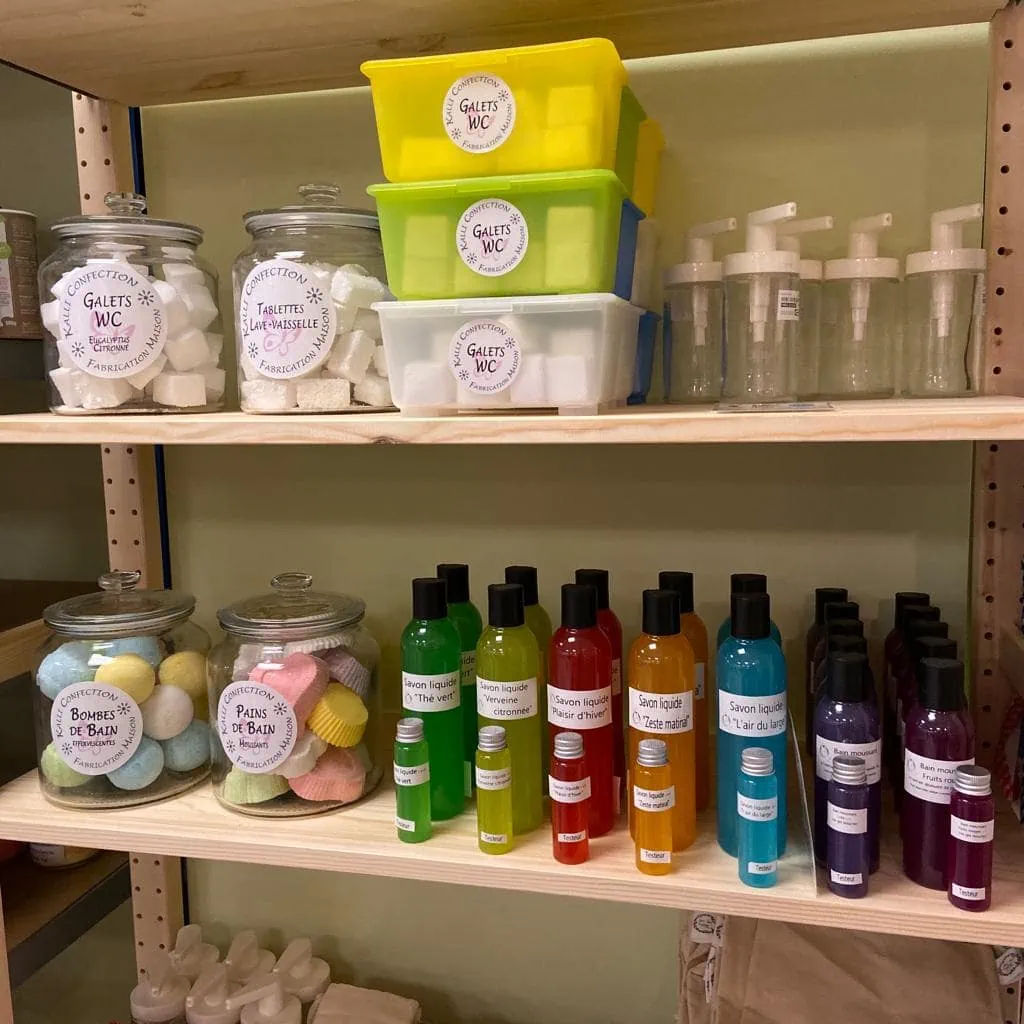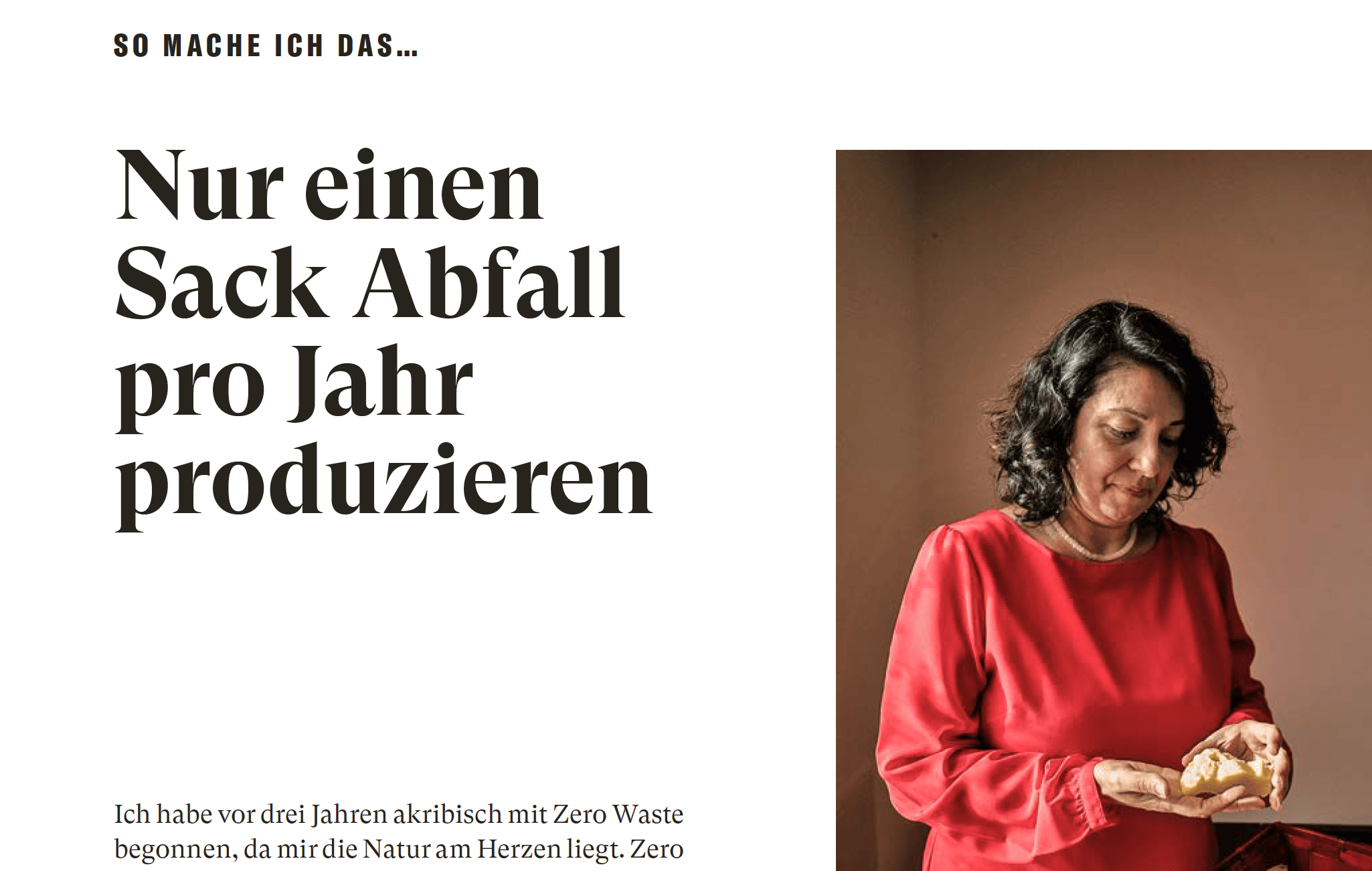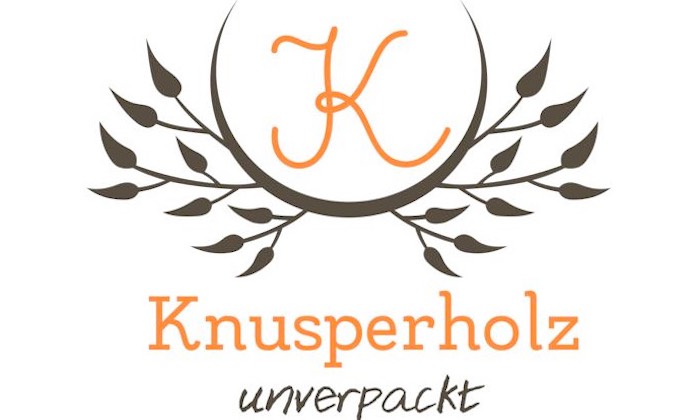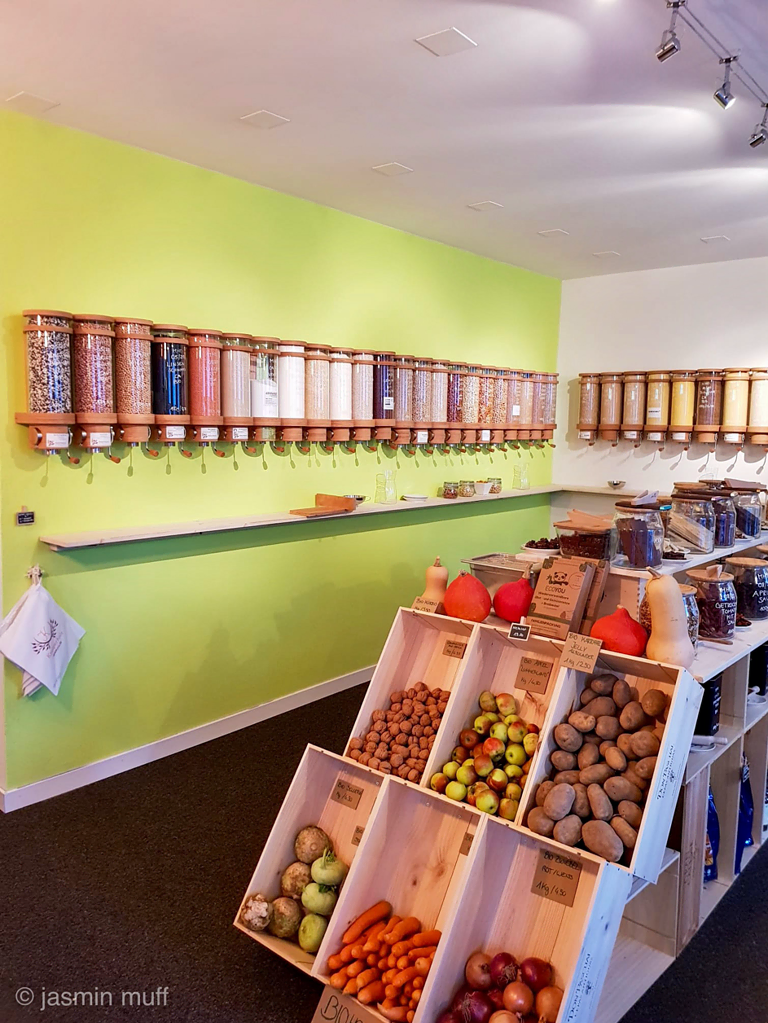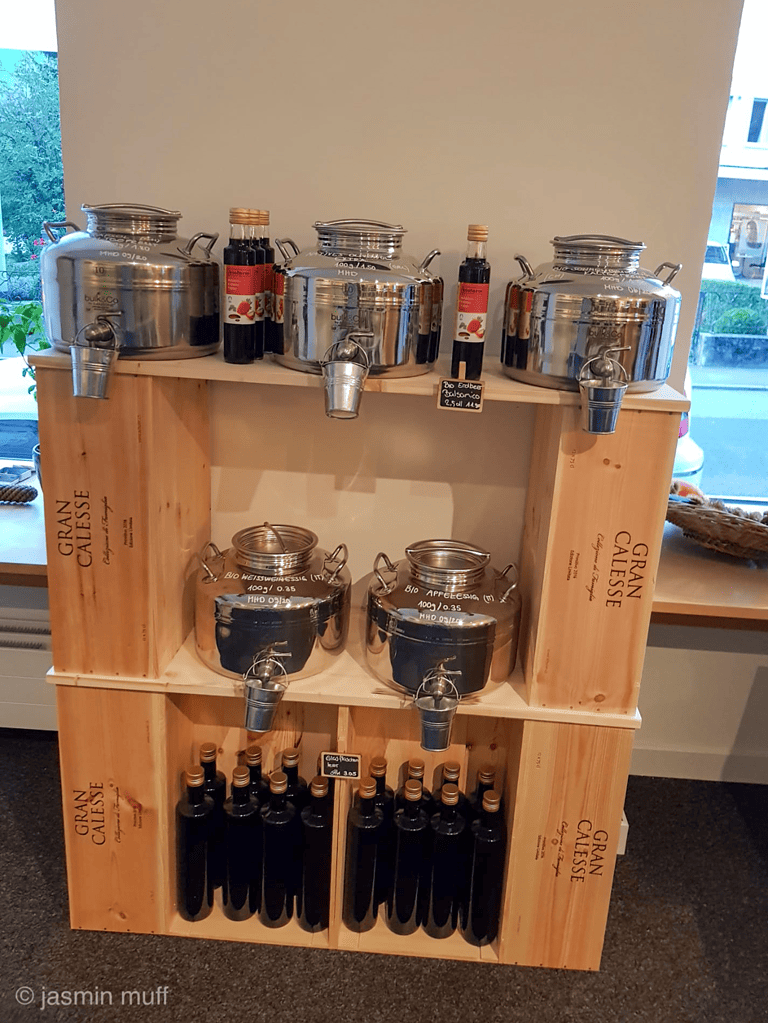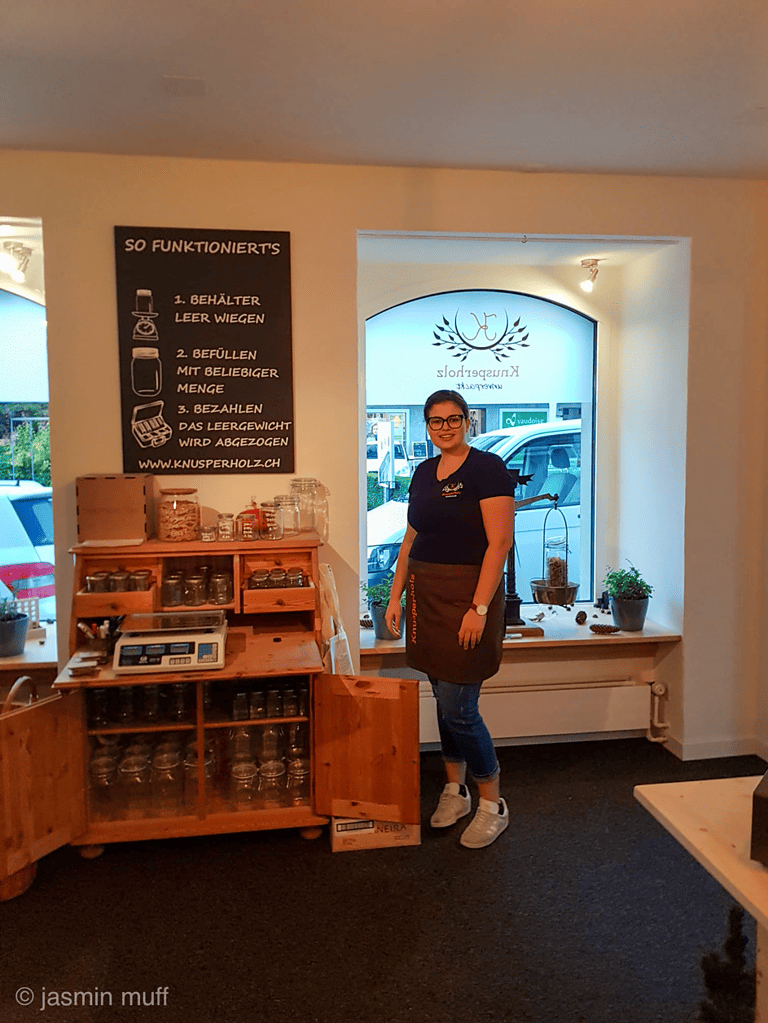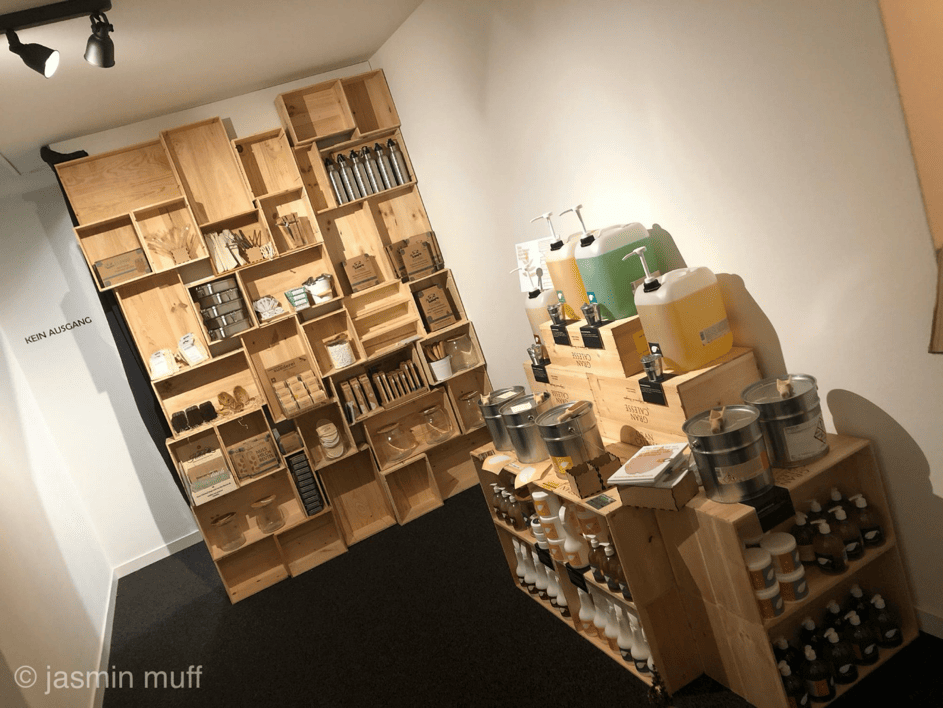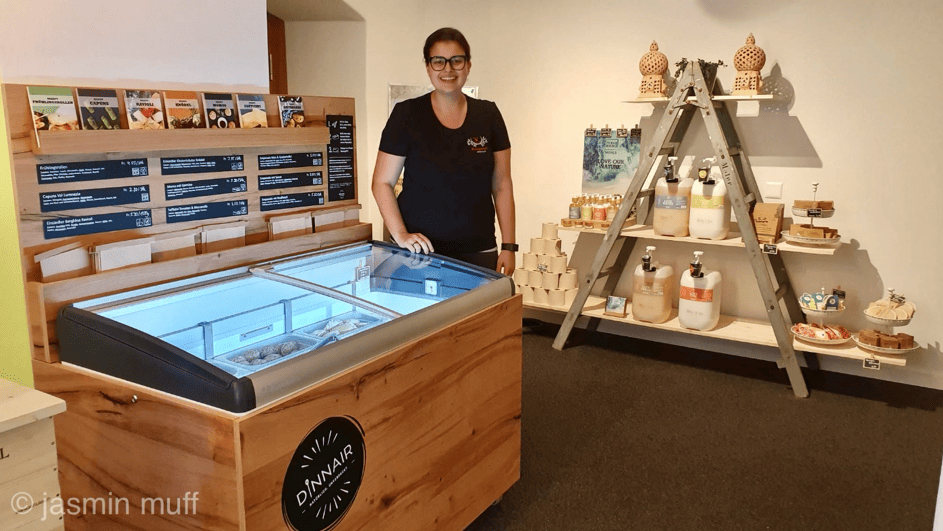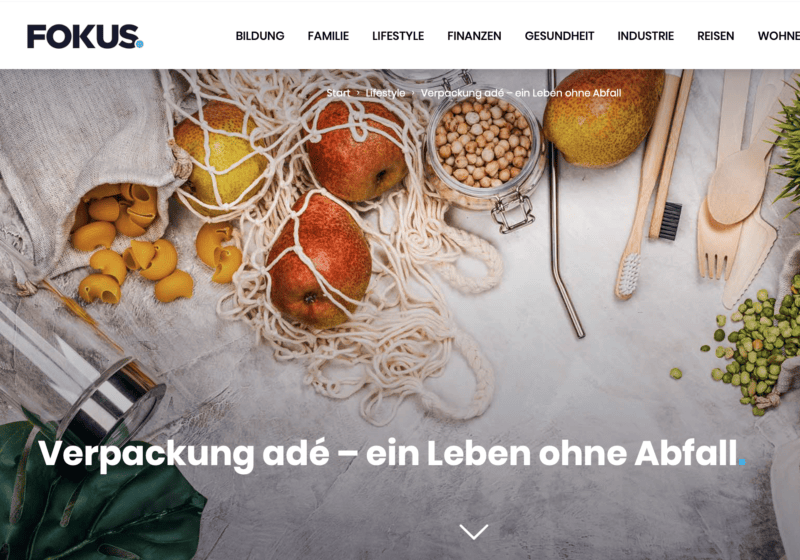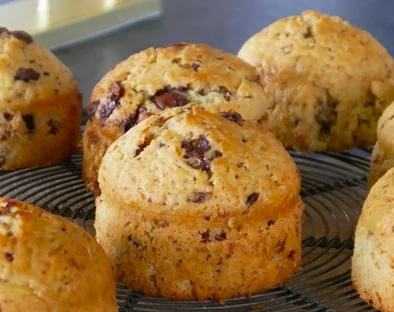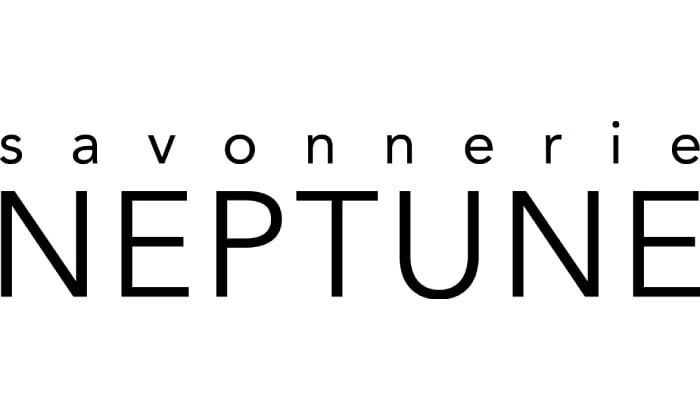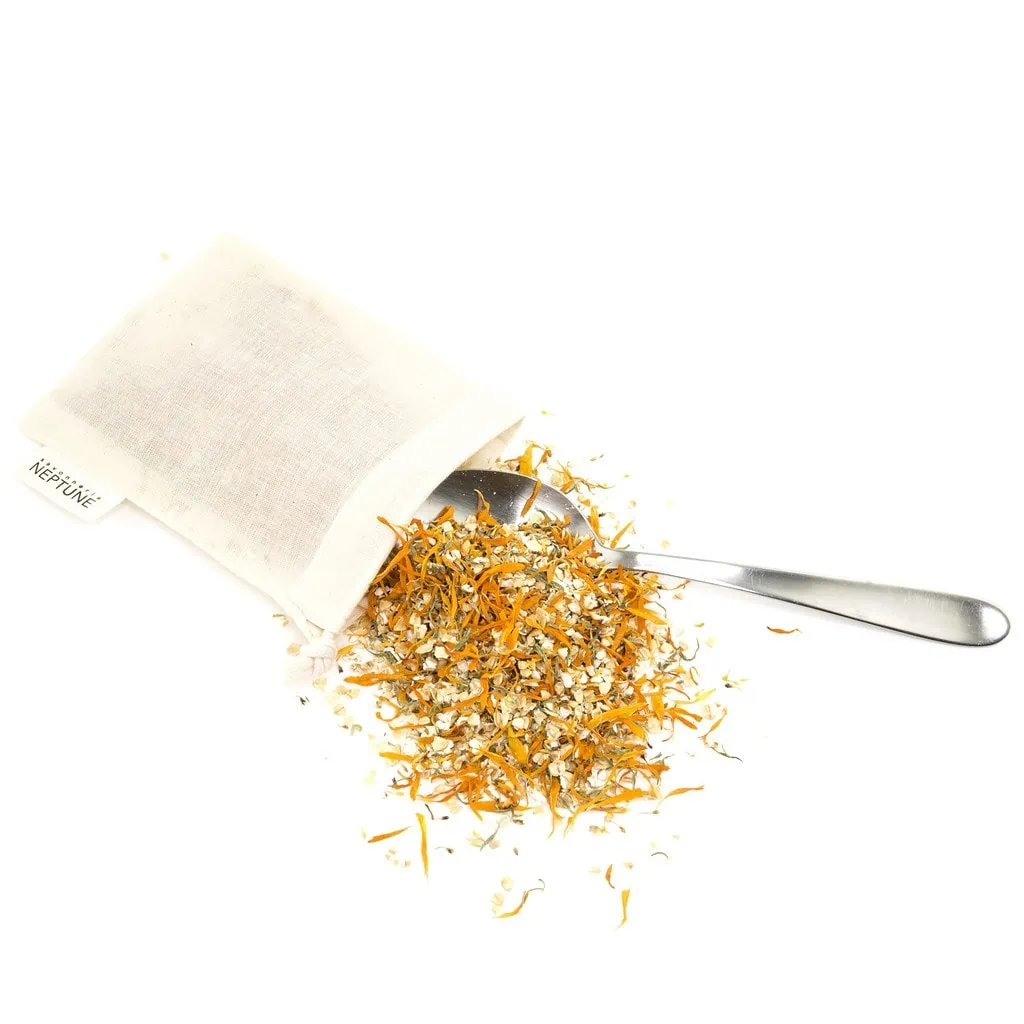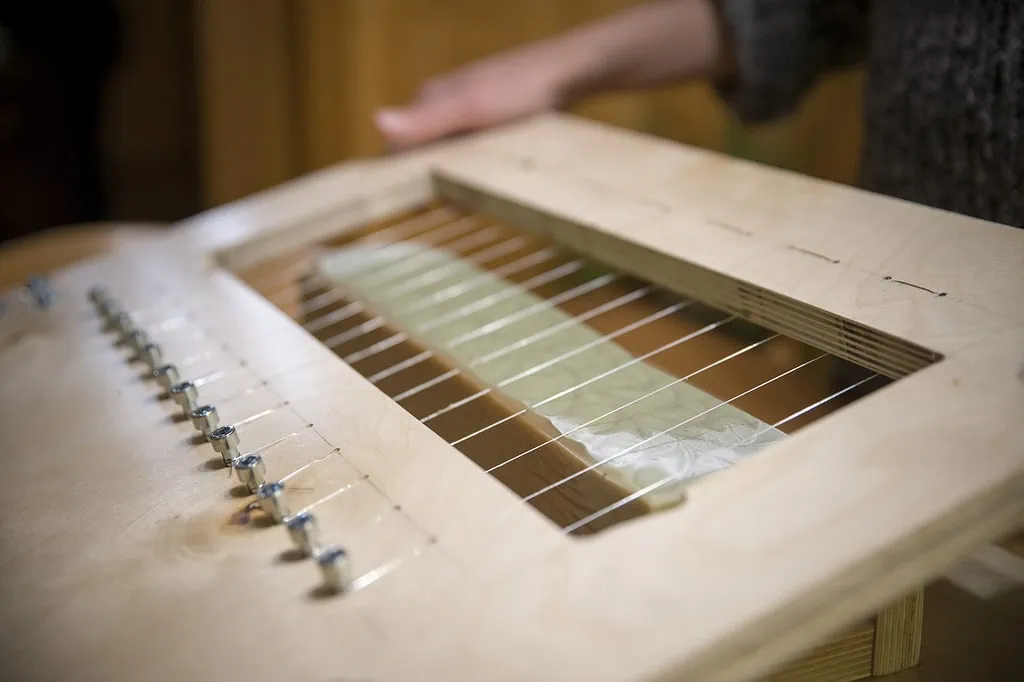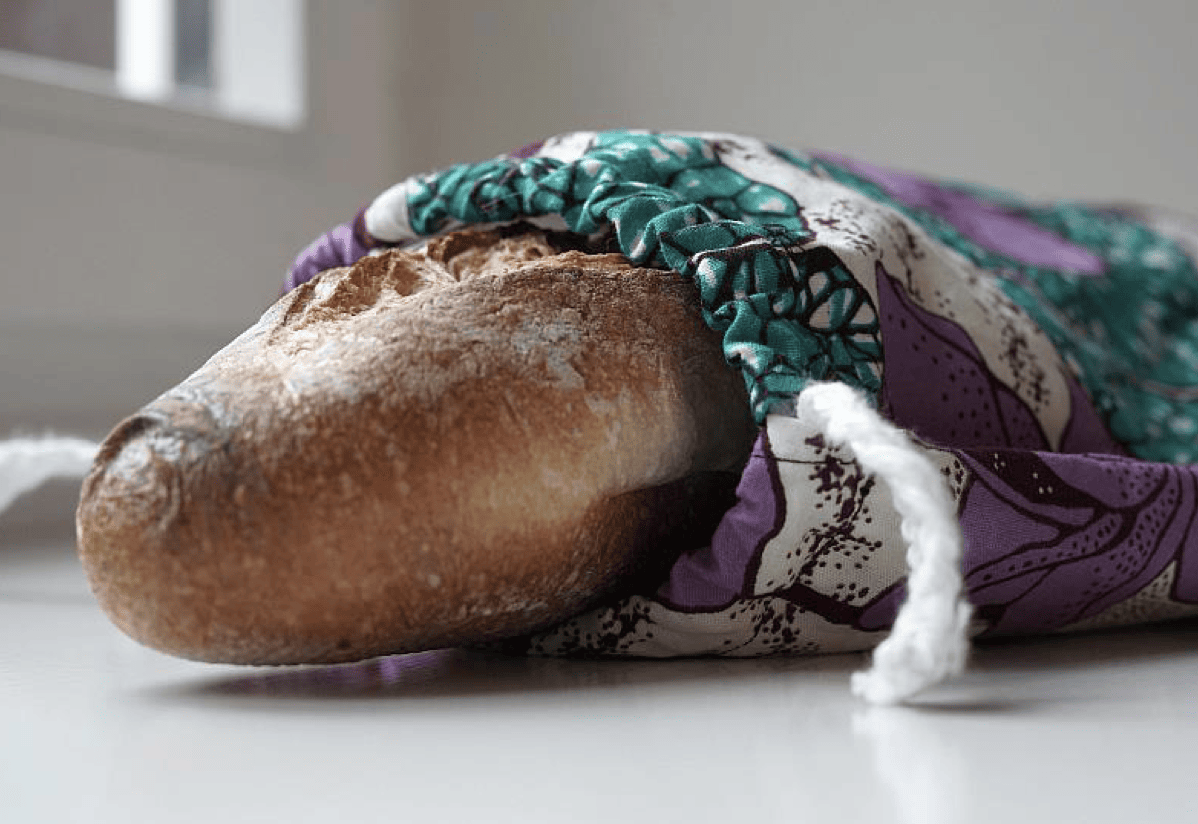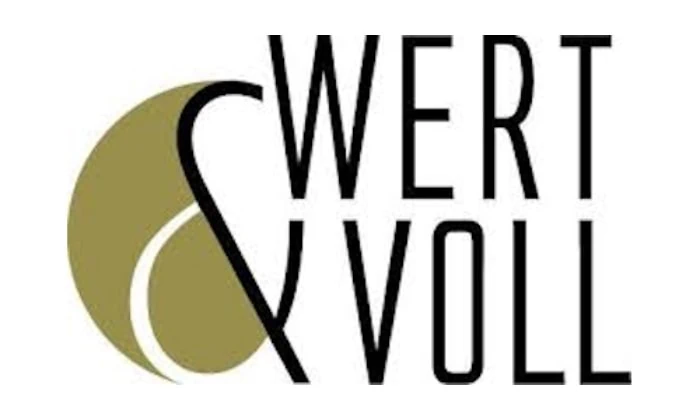22 ideas to occupy our children usefully at home
Faced with this period of lock-down and uncertainty, having your children at home every day without the opportunity to go to school, to sports class, or play with friends can be a real challenge. How can we make this daily life within four walls livable?
This crisis complicates everyone’s daily life. But the situation could also prove to be a real opportunity to (re)learn about community life and for our children to become more autonomous and independent. It can be an opportunity to review the family organisation and to take the time to show our children some of the things we manage in normal life, “to go faster”.
Getting back to the simplest and most important things can save time. We share with you some ideas for activities and tips to make everyday life more enjoyable.
Involving the children in everyday life
- Cook meals with leftovers (making homemade crepes and using leftovers from the fridge as a garnish)
- Household chores (cleaning windows, kitchen, cupboards…)
- Producing zero waste household products (the opportunity to show them how to do it), you can find all our recipes here
- Doing laundry and making laundry product- recipe here
- Making sourdough bread – you can find the recipe here
- Plant seeds for balcony plants, for example, using a carton of eggs for the first seeds, perhaps by taking some seeds from your food
- Show how to repair socks, a button or a hem
- Spring sorting: make an inventory of the children’s toys and books WITH THEM. They choose together what they keep and what they then give to a charity (so that other children can enjoy it).
Use what is available at home for activities that are useful for everyone
- Make a homemade lip balm – you said you were out? – recipe here
- Redo the toothpaste – the recipe here
- Redo the home deodorant – the recipe here
- Make cookies for the family
- If you have a sewing machine: make cloth bags with scraps of cloth from the cellar.
- Make a bee wrap
Offer some fun activities according to age
- Make a tawashi (if you already have the board and nails)
- Make a bag from an old T-shirt – instructions here
- Teach them to knit/hook/make things with wood
- Upcycling: look in your recycling box and according to your age, use the available materials (especially the famous toilet paper rolls…).
- Salt dough for the little ones – recipe here
- Start an herbarium, with spring coming, teach children to recognize flowers, plants, and herbs
- Show how to sew tissues (scraps of fabric)
- Make candles with leftover wax – instructions in pictures
Each activity can of course be adapted to the age and interest of the children!
In conclusion, there is plenty to keep our children busy during this particular period, and there are many ways to make them pay attention to all the tasks we have to do each day/week/month. Involving them on a daily basis can be a good way to relieve parents in the long run of some tasks and help children become more independent. Every change opens up an opportunity… as long as we take time to adapt!

